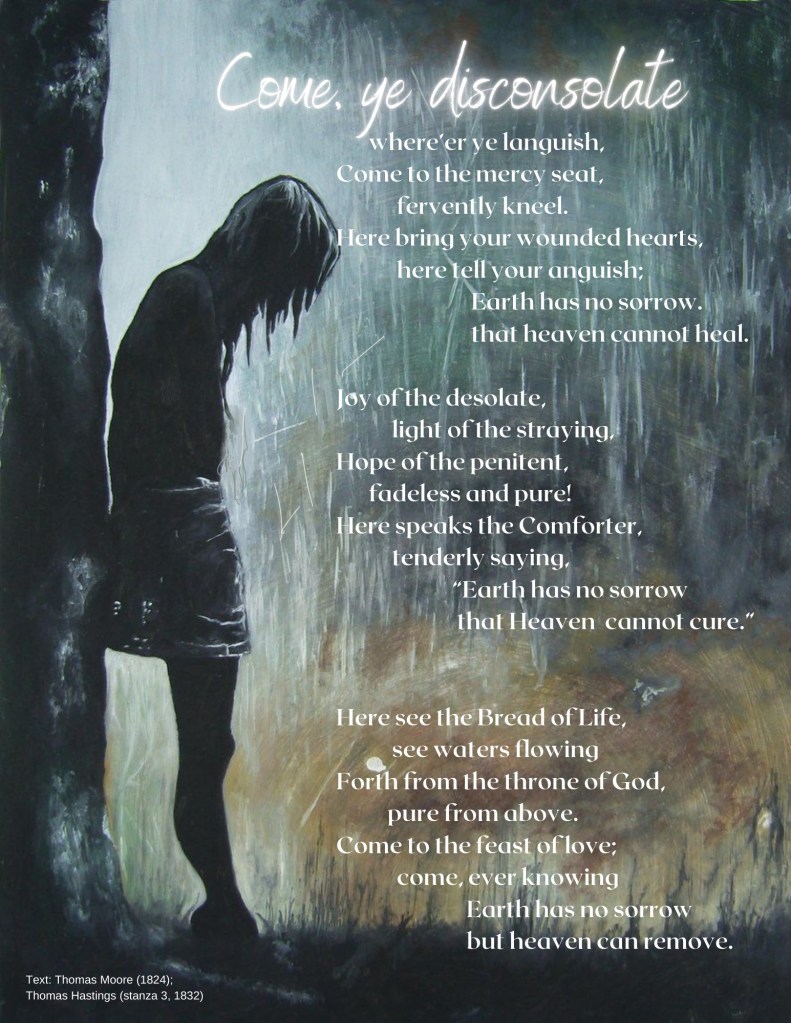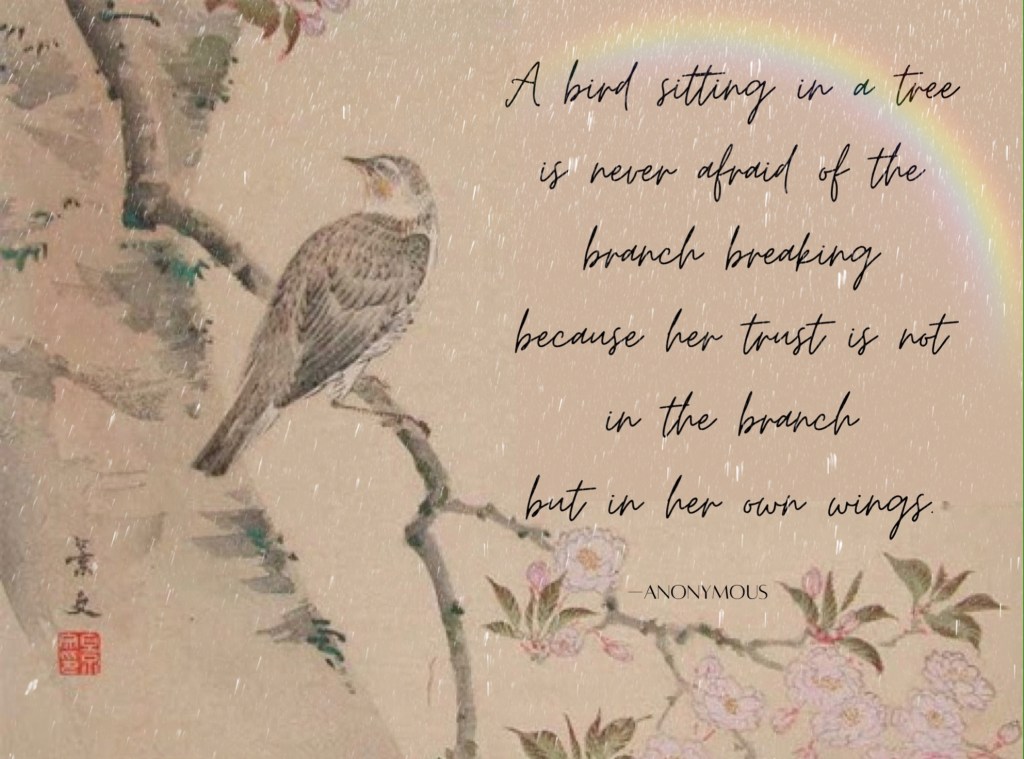
I don’t like feeling melancholy. The feeling is just too tentative and unspecific. Trying to get free of melancholia is not an easy feat. You can curse it and yank it around trying to break it. You can throw big rocks at it or try to drown it in a bathtub. But it is so uncatchable. You can’t get your hands around it, and if you do, you can’t hold on to it. It just slips away from you before you know it. You cannot control melancholia. Perhaps you cannot even get consolation from it.
Other states of mind are more responsive to being removed or conquered or broken or even thrown out. Sadness, anger, rage—those you can eventually grab and choke out. Melancholia is enduring and constant, and it can hold you hostage for undetermined amounts of time, making a nest in you and dwelling there without your permission. Relentless, hardy, pervasive, persistent!
Understand this: I am not writing about melancholia as a clinical depressive episode and I’m certainly not trying to scientifically classify melancholia in a range of psychiatric disorders. I simply mean to unravel the threads of the state of being of feeling trapped inside melancholia.
I know there are circumstances that brought me here this week, not the least of which is that I have experienced a full week of a severe stomach virus. And then, there is the constant news reporting of horrible cases of gun violence. In fact, ABC News published this troubling statement about gun violence on May 31, 2022: “374 deaths and 782 injuries over the past week.”

I cannot help but weep about the terrible loss of nineteen children, two teachers, one teacher’s husband, and the perpetrator of the murders in #Uvalde, Texas.
I cannot help but be emotionally moved by the gift a Texas man gave the grieving families. Trey Ganem refused to be paid for the 19 hand-painted caskets. (Picture: SoulShine Industries)
Have these circumstances resulted in my feeling melancholy? I’m not sure. Melancholia might not primarily be situational. Rather, it might be embedded in a person’a psyche and brought to the heart by a gloomy, cold morning in winter, or a long-lived rainstorm, or a gloomy, foggy night without a smidgen of light. Perhaps melancholia can come upon a person by a sad movie, by hearing a hauntingly beautiful requiem, by the melodic strains of birdsong, or the somber sounds of a viola.
Melancholia is rather unexplainable for me. When it takes over my psyche from time to time, I feel multiple emotions. Not just a depression-like sadness, but also a lump-in-the-throat nostalgic feeling. I think that’s what’s going on with me right now. Truthfully, I have found the best description of melancholia in the words of Leo Tolstoy.
There is something so enchanting in the smile of melancholy. It is a ray of light in the darkness, a shade between sadness and despair, showing the possibility of consolation.
— Leo Tolstoy, War and Peace
It does feel to me like ”a shade between sadness and despair.” Whatever melancholy is, however it comes to me, whatever it feels like and whenever it visits me, I like Tolstoy’s phrase about melancholy ”showing the possibility of consolation.” In my mind, that is the Godsend part of it: that when I feel the emotion “between sadness and despair,” covered in a misty veil of melancholy, God’s holy way is that consolation is always possible. Always!
The Apostle Paul has the last word in the beautiful blessing he wrote to the church in Corinth:
3 Blessed be the God and Father of our Lord Jesus Christ, the Father of mercies and the God of all consolation, 4 who consoles us in all our affliction, so that we may be able to console those who are in any affliction with the consolation with which we ourselves are consoled by God. 5 For just as the sufferings of Christ are abundant for us, so also our consolation is abundant through Christ. 6 If we are being afflicted, it is for your consolation and salvation; if we are being consoled, it is for your consolation, which you experience when you patiently endure the same sufferings that we are also suffering. 7 Our hope for you is unshaken, for we know that as you share in our sufferings, so also you share in our consolation.
— 2 Corinthians 1:3-7 NRSV
Thanks be to God.












